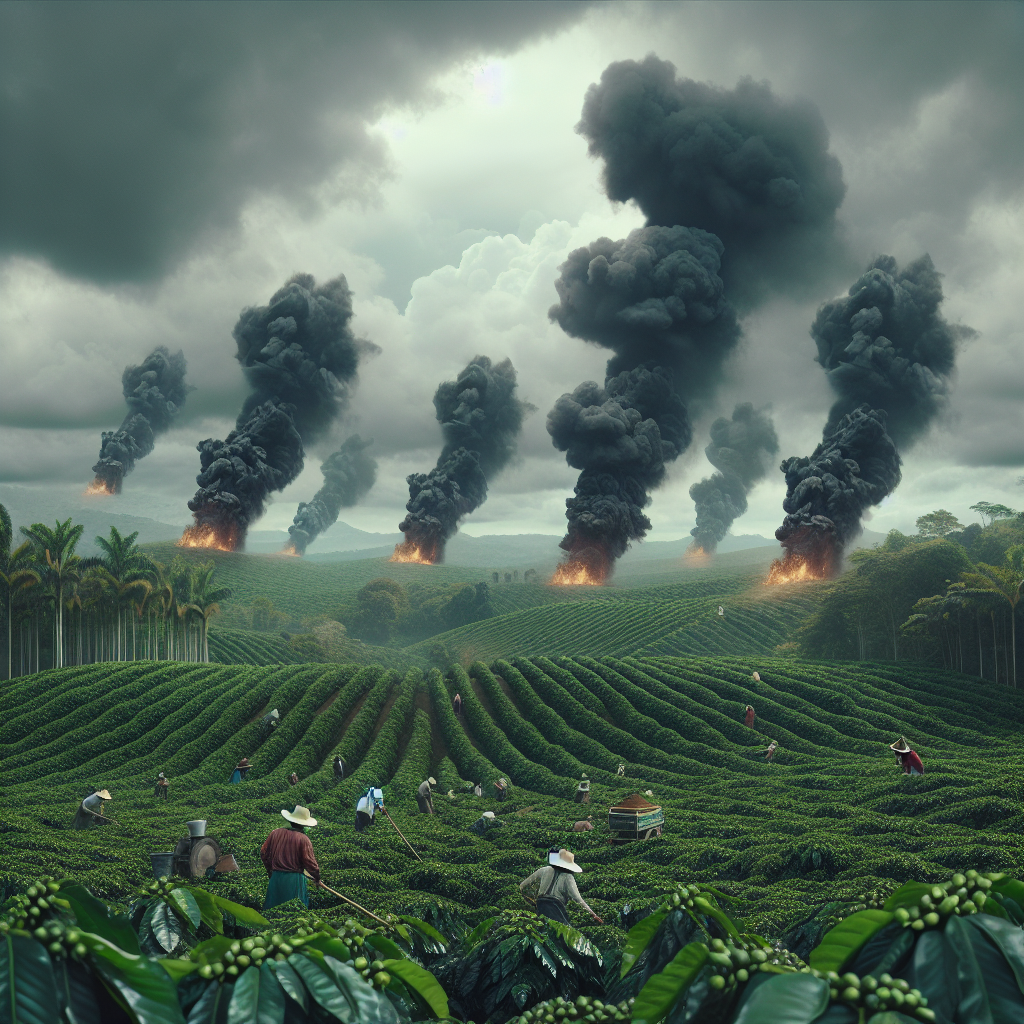- Details
- Written by: Alex Dupcheck

In a landmark move reflecting the rapid advancement of technology, several states have enacted privacy laws aimed at protecting brain data collected by devices. This development underscores the growing necessity for innovative solutions to manage the ethical implications of technological progress. However, while these laws represent a significant step in safeguarding individual privacy, they also highlight the critical role of governments in fostering innovation in a manner that balances progress with protection. With the potential to revolutionize industries, from healthcare to education, the responsible management and equitable access to brain-computer interface technology must be prioritized to ensure that its benefits are distributed broadly and ethically.
- Details
- Written by: Valenenzia Gruelle

Apple's announcement of a two-day Manufacturing Academy in Detroit next month [2] has been met with enthusiasm by industry insiders eager for a glimpse into the future of tech-driven production. Yet beyond the gleaming machinery and high-tech processes, this event raises crucial questions about how smart-city innovations can empower or exclude those who are mobility-challenged, particularly the elderly. As urban landscapes become increasingly digital, it is imperative to consider who benefits and who gets left behind.
- Details
- Written by: Anne Wienbloch

The Runway AI Film Festival, featuring finalists displayed on IMAX screens nationwide, has sparked a discussion not just about the potential of AI in filmmaking, but about the deeper implications of financial speculation in the arts. As AI-generated content gains market traction, it raises questions about whether such works truly enrich our cultural landscape or merely inflate market bubbles.
- Details
- Written by: HuddleWorld

As Colombia is already passed the peak of its traditional fire season, which typically runs from January through March during the country's dry period, the threat continues. Coffee farmers across the nation brace for another potentially devastating year. While comprehensive data for 2025 fires is still being compiled, early indicators suggest that the extreme conditions that made 2024 such a catastrophic year for wildfires persist. Colombia's fire season coincides precisely with critical periods in coffee cultivation, making the timing particularly devastating for the 560,000 families who depend on coffee production for their livelihoods.











































